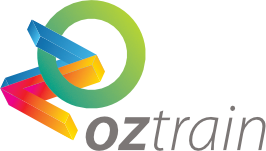Latest Data on Leadership
Last week I attended the annual national Human Synergistics Conference in Melbourne. As usual, they presented the “Research Results Book” for the year. Some very powerful results have emerged, based on data from over 2,800 organisational units and 200,000 individual leaders in leadership / management positions in Australia and New Zealand.
Just a couple of comments from the rich array of material:
The report indicates that ‘over time managers and leaders are becoming more Constructive’ i.e. (wanting to encourage people to strive for excellence, maintain their standards, show trust in others and work together), however, as noted in the report’s summary comments:
“Our top executives want people to behave in Constructive ways, but are unwittingly leading people in ways that cause them to behave in certain Defensive ways.”
“People look to what goes on around them on a day-to-day basis to determine how they should approach their work and interact with each other …. and what they see causes them to conclude that defensive behaviour is required. This then results in lower levels of individual satisfaction and motivation, lower levels of teamwork and co-operation and lower levels of customer service and quality.”
A number of organisational leaders addressed the conference, describing the work they have been undertaking to tackle the change needed to increase effectiveness. They spoke about the need for a commitment to change, which starts at the top level of the organisation, a commitment to people and a focus on high performance and a longer-term view. As we have found with a wide range of our clients, Human Synergistics tools provide specific behavioural pointers for individual leaders to focus their efforts in becoming more effective. The tools also address the thinking which informs behaviour and therefore offers the chance for sustainable shifts.
If you are seeking further information about using these credible, comprehensible tools to undertake organisational or individual change, I would be happy to speak with you.
Categories: Uncategorised,
